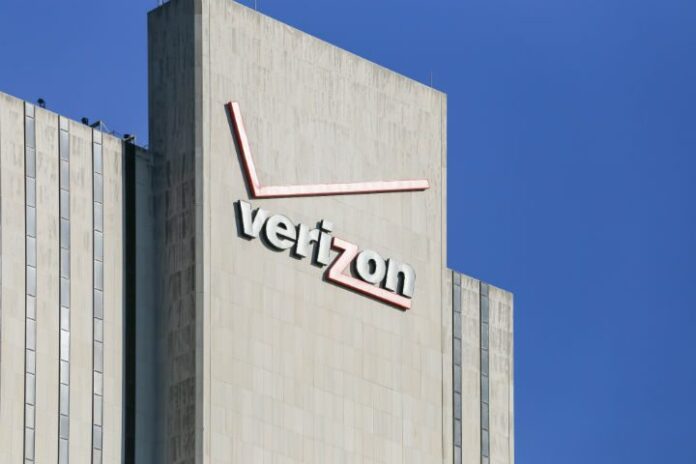The new offering uses Verizon’s ThingSpace platform and is powered by Amazon FreeRTOS
Verizon has launched a new internet of things development toolkit using the carrier’s ThingSpace platform and Amazon FreeRTOS, an operating system for microcontrollers.
Verizon’s ThingSpace platform allows developers, OEM manufacturers, and system integrator companies to develop IoT solutions that can leverage Amazon Web Services and connect to the AWS IoT core, the U.S. carrier said.
Verizon highlighted that the new devkit provides an integrated ordering and activation experience on the Verizon network and simplified access to AWS cloud and IoT services. Through the new offering, enterprises can “quickly collect, manage, and analyze data from IoT devices through the ThingSpace platform, which also makes it easier for users to subscribe and manage their IoT devices, and perform lifecycle functions such as location, diagnostics and software management services,” Verizon said.
Verizon and AWS have entered in a strategic relationship in the IoT space with the aim of reducing complexity in bringing new IoT solutions to the market with the Verizon ThingSpace platform and AWS IoT Services, the telco said.
“Instead of spending a lot of time struggling to manage IoT connections and network options, this DevKit allows customers to focus on IoT solution development for improved intelligence and business performance, knowing that the underlying connectivity is sorted,” said Shawn Hakl, SVP for business products at Verizon. “Verizon’s Secure Cloud Interconnect solution allows companies to connect securely and reliably to AWS, so they can quickly get their IoT solutions up and running. It’s about opening up the potential of IoT to everyone.”
Verizon added that its IoT strategy centers on leveraging the company’s IoT network services to deliver cost-effective, secure, end-to-end connectivity from IoT devices to enterprise databases.
Verizon has said that it plans to launch a narrowband-IoT network by the end of this year; the operator already offers LTE Cat M and Cat M1 services. Verizon notes that LTE Cat M 1 supports applications like wearables, fleet and asset management, while NB-IoT focuses on applications which use data rates below 100 Kbps.

